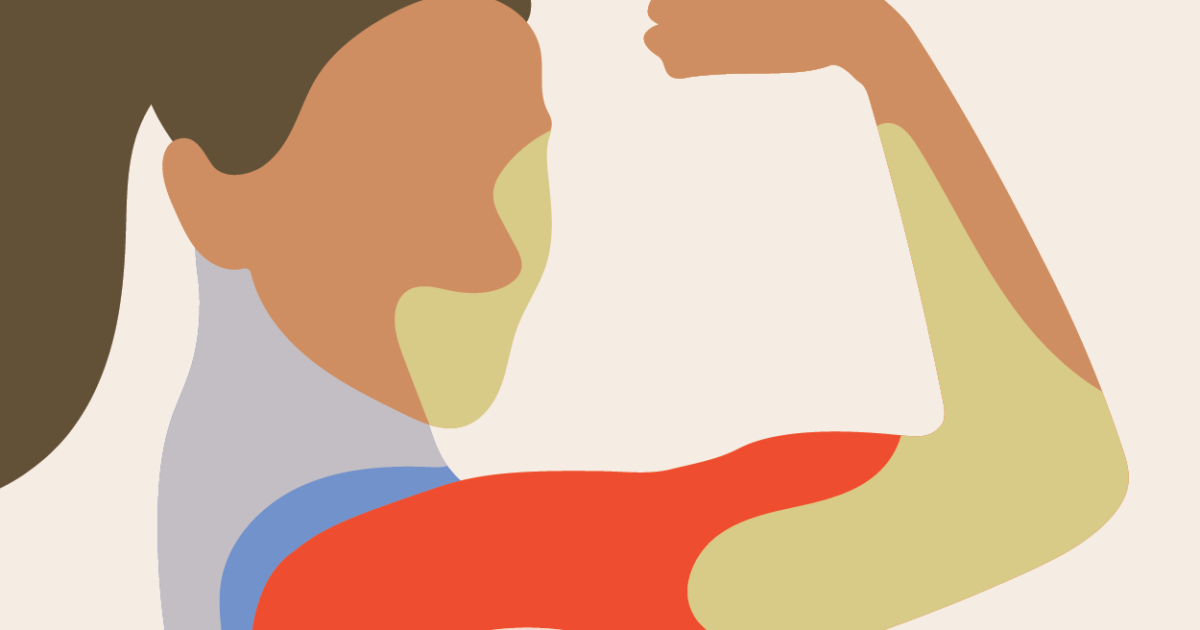HPV Vaccines a Must
- Cancer centers have grown concerned with lacking HPV vaccine administration during the pandemic.
- The human papillomavirus (HPV) infection is linked to multiple cancers, and while cervical cancer rates have dropped, other HPV-linked cancers are on the rise, according to a new study.
- Nearly every sexually-active person will get HPV at some point in their lives. There are myths circling the HPV vaccine, but it is important to know that experts say it is safe.
Perlmutter Cancer Center at NYU Langone Health is collaborating with more than 70 National Cancer Institute (NCI)-designated cancer centers and partner organizations in urging physicians, parents and young adults in the United States to help get the human papillomavirus (HPV) vaccination “back on track.”
Read MoreMeanwhile, new research set to be presented at the American Society of Clinical Oncology annual meeting shows that while the number of cervical cancer diagnoses has decreased annually by 1 percent from 2001 to 2017, the number of other HPV-related cancer cases continues to increase. HPV is known to cause cervical cancers, but many aren't aware that the virus can also cause cancer in your mouth and throat.
The number of HPV-related cancers without standardized screening especially oropharyngeal, anal and rectal squamous cell carcinoma increased from year to year and is projected to surpass that of cervical cancer within 5 years for certain at-risk groups. The overall annual increase in oropharyngeal, anal, rectal and vulvar cancers among women was 1.3 percent per year, and there was a 2.36 percent annual increase in HPV-related cancers in men, with the most significant increase in oropharyngeal cancer, a type of head and neck cancer.
RELATED: Should I Give My Kids an HPV Vaccine? Why A Leading Doctor Says ‘Yes!’
The study, which will be officially presented at the meeting in June, looked at data for 657,317 people in the U.S. Cancer Statistics program from 2001 to 2017.
"The decrease in cervical cancer is welcome news and may reflect intensive efforts to screen and vaccinate patients at risk,” ASCO President Dr. Lori J. Pierce says. “Clearly, this study shows that we still have a great deal of work to do in order to reverse the increasing incidence rates of other HPV-related cancers."
Understanding HPV
Nearly every sexually-active person will get HPV at some point in their lives, according to the CDC. The virus is spread via sexual activity and can manifest as warts on your genitals or mouth.
Oral and throat cancers are both on the rise in young, non-smoking adults, and Dr. Allen S. Ho, an oncologist at Cedars-Sinai Medical Center, says HPV is the cause.
"The fastest-growing segment of the people developing oral cancers are young non-smokers," Dr. Ho told SurvivorNet in a previous interview. "HPV, a very common virus, one responsible for the vast majority of cervical cancers, is now identified as a cause of this rapid rise of oral cancers."
Luckily, we have the HPV vaccine which was first approved for girls and young women aged 9-26 in 2006, according to ASCO. Then in 2011, HPV vaccination recommendations were extended to boys aged 11-12 years.
Why the HPV Vaccine Is So Important in Preventing Cancer
So why are people hesitant to protect themselves and their children? One reason may be that there is a myth that that the HPV vaccine can cause autism.
"The HPV vaccines do not cause autism, there's always a risk of some vaccine-related side effects … local site injection pain, some redness, some swelling," says Dr. Jessica Geiger, a medical oncologist at Cleveland Clinic Cancer Center. "There are no syndromes such as autism or other neurologic symptoms that have been linked to the HPV vaccines."
Dr. Geiger also wants people to remember that, although you might not want to think about it, your children will likely participate in sexual activities at some point in their lives. Refusing to vaccinate your children denies them available protection from HPV-linked diseases, and that should be more important than not wanting to think about your kids ever having sex.
Don't be Swayed by Myths. The HPV Vaccine is Completely Safe
"The fact is that the majority of us are going to participate in sexual activity at some point in our lives … it's unreasonable to think that just because your child isn't engaging in sexual activity now that they won't later in life."
Learn more about SurvivorNet's rigorous medical review process.


